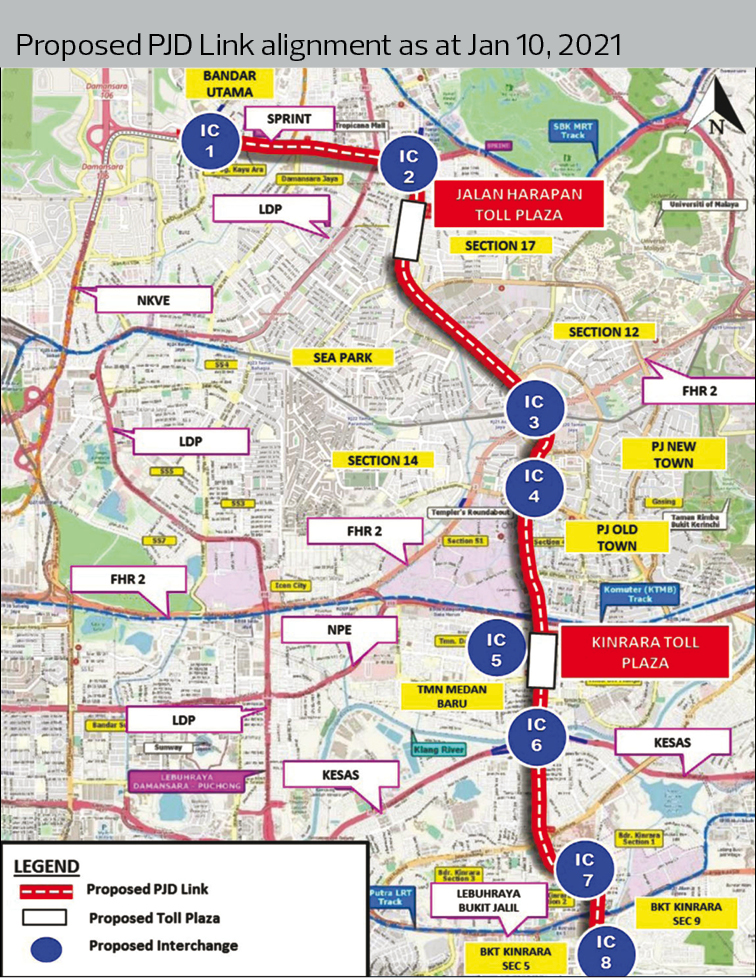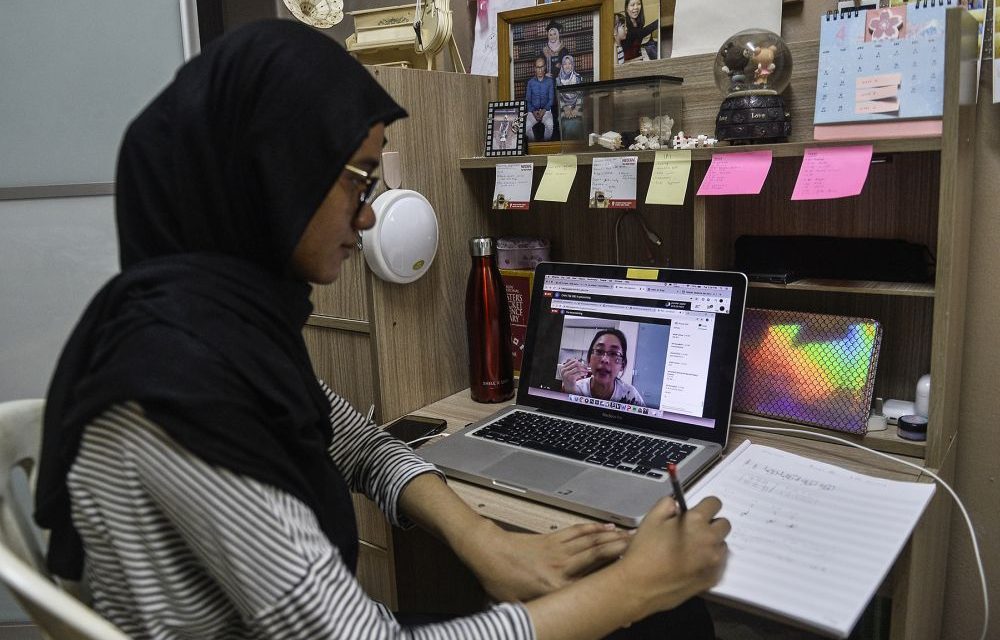MCO 2.0: No physical reopening of schools this Jan 20, except for exam candidates
The 2021 school session set to begin this Jan 20 will not involve face-to-face learning. The new directive was announced by the Education Ministry. While virtual learning would only involve schools in states and federal territories under the movement control order (MCO), this new directive now applies to all schools registered under the ministry, nationwide. This follows a surge in the number of Covid-19 cases which has seen Malaysia register an all-time high of 4,029 new cases on Saturday. Students who are allowed to be present in schools are those that will sit for the 2020 SPM, SVM, SKM, STPM, STAM and DVM as well as other international level exams certified by the ministry. All teachers however are required to return to their work stations before Jan 20. Meanwhile, all private kindergartens registered with the ministry are allowed to continue conducting physical classes, regardless of MCO, CMCO or RMCO. (NST Online)
Govt can make immunisation mandatory by law, say lawyers
The government can make immunisation mandatory, as the provision is readily available under the Prevention and Control of Infectious Diseases Act 1988, lawyers said. This was after the recently gazetted Emergency (Essential Powers) Ordinance 2021 dictated the direction for treatment, immunisation, isolation, observation, or surveillance. However, Section 6(1), which listed the matter, appears to be wide-ranging and vague on whether immunisation is deemed mandatory. Lawyer Shanker Sundaram said that Section 6(1), however, must be read together with Section 11 of the Act. Science, Technology and Innovation Minister Khairy Jamaluddin had previously stressed that Malaysians must indicate their willingness to be immunised once the vaccines become available in the country. He also said Malaysians would not be given the option to select which Covid-19 vaccine they want as it would be “a big logistical nightmare” for the government. (Malay Mail)
Health, economy among six main clusters for smooth emergency management
The health cluster and the economy cluster are among six main clusters to be focused on by the government following the establishment of the Emergency Management Technical Committee, which will be responsible for monitoring issues relating to the implementation and management of the Emergency as well as to recommend solutions. The Chief Secretary to the Government, Tan Sri Mohd Zuki Ali said the creation of the six clusters was aimed at coordinating all agencies and ministries involved in ensuring the management of the Emergency throughout the country would run smoothly. “The four other clusters are security, education, communication as well as federal and state relations,” he said. He said that the country’s administration was not affected by the proclamation of Emergency because the service sector, both public and private, will carry on as usual according to the standard operating procedures set in addition to complying with the Movement Control Order (MCO). (Bernama)
RPGT exemption sees more secondary market transactions
The waiver of the real property gains tax (RPGT) has resulted in more secondary market transactions and new demand for sub-sale property, industry data showed. Recent statistics by Juwai IQI indicates sub-sale activity in the secondary property market recorded a 65% growth to 2,410 units in 2020 from 1,458 units in 2019. The tax exemption also saw a 78% rise in transaction value for sub-sales to RM1.9 billion in 2020. Juwai IQI group co-founder and CEO Kashif Ansari said the tax exemption has helped to reduce costs which allow homeowners to upgrade their respective properties before entering the secondary market. Upgrade buyers account for 30% of the secondary market with more upgrade buyer activity translating to more secondary home sales. The RPGT relief is for disposal of residential homes which takes effect from June 1, 2020, to Dec 31, 2021. (The Malaysia Reserve)
Construction company plans to ‘revive’ mega PJ highway project
A private construction company has plans to revive a multi-billion ringgit highway project across Petaling Jaya, Selangor, that was scrapped six years ago by former Selangor Menteri Besar Datuk Seri Mohamed Azmin Ali. PJD Link (M) executive director Amrish Hari Narayanan told The Edge that the company “has been soliciting public feedback and engaging with members of parliament and state assemblymen” on the “plan to build the Petaling Jaya Dispersal Link (PJD Link), which follows a similar route as the controversial RM2.4 billion Kinrara-Damansara Expressway (Kidex) project”. Kidex was cancelled back in 2015 when the developer failed to submit a traffic impact assessment, social impact assessment and environmental impact assessment by the required deadline. An alignment of the proposed highway that can link Bandar Utama, Taman Tun Dr Ismail, PJ City Centre, Taman Dato’ Harun, Taman Medan Baru, Taman Sri Manja and Bandar Kinrara to Bukit Jalil Technology Park in Kuala Lumpur has been on the company’s website since Jan 10. Meanwhile, many residents of Petaling Jaya together with local lawmakershave repeatedly voiced their opposition via the media to any revival of the expressway project. (The Edge)






